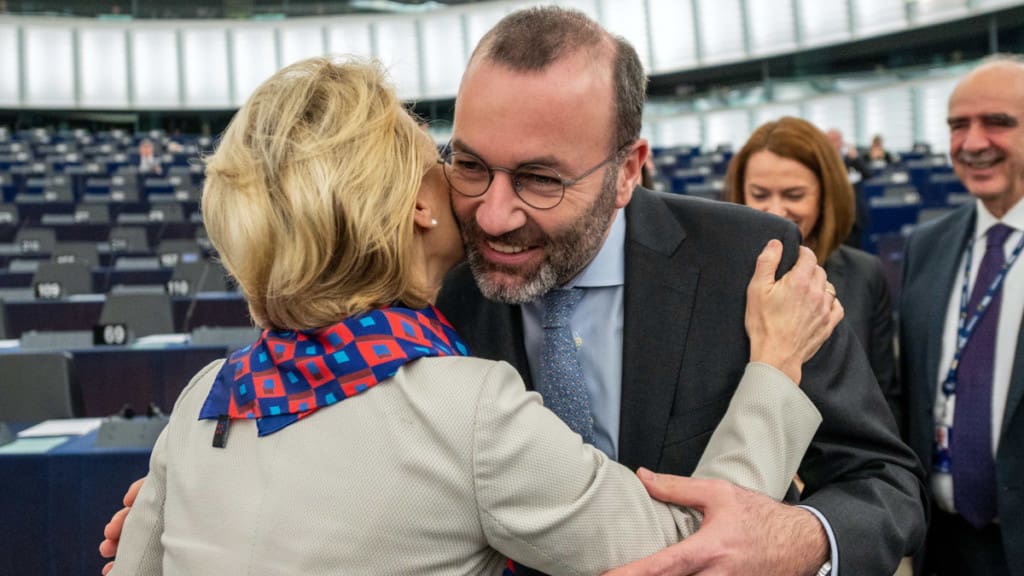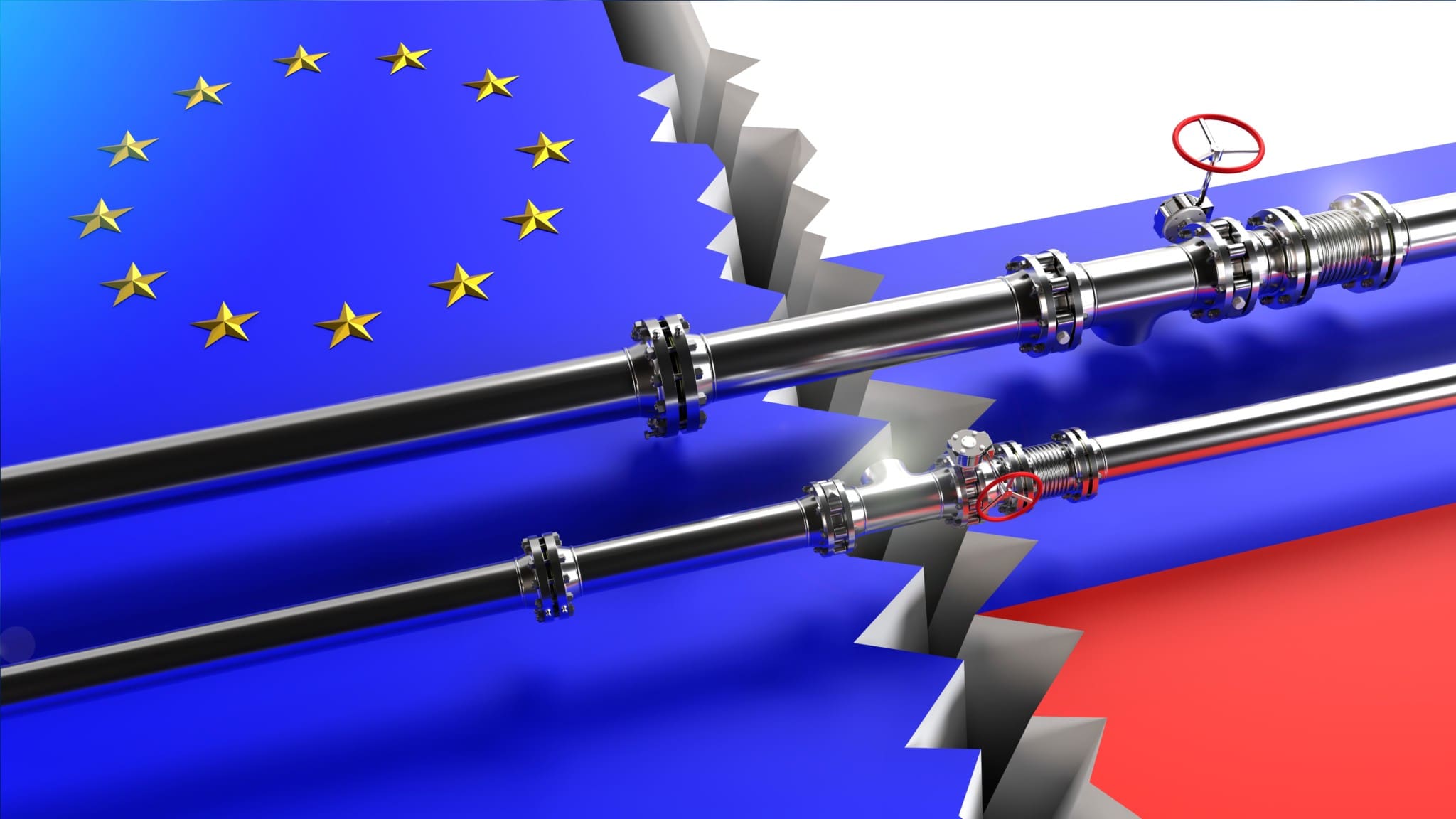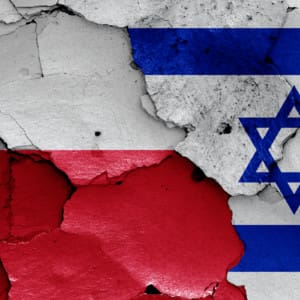Germany implemented a disastrous energy policy over the last decade, shutting its nuclear plants, penalizing coal miners and energy producers, and then dramatically increasingly its reliance on Russian gas and oil. Now, a top German politician working in Brussels, Manfred Weber, is calling for countries to “share” their gas via “binding mechanisms” over the coming year to deal with an energy crisis that Germany and other nations are largely responsible for.
The idea put forward by Weber, who is the leader of the European People’s Party, already has its critics, with energy law expert Máté Tóth telling news portal Mandiner that a gas solidarity scheme is reminiscent of confiscations during communist times.

In reality, Weber’s proposal to “share” energy resources will indeed be involuntary, as he calls for a “binding mechanism” at the EU level. This would mean member states with strong reserves like Hungary would be forced to share their energy sources with the same nations who pushed for sanctions that have led to the severe energy shortage Europe is now facing.
Hungary has remained reliant on Russian energy, and the country never sought to increase energy sanctions or abandon Russian oil, arguing it would impoverish Hungary as well as all of Europe. While Poland clearly pushed for more sanctions on Russia, the country has built up the largest gas reserves in Europe and explored alternative gas sources, leaving countries like Germany likely eyeing the gas reserves of its neighbors as a major energy crisis continues to develop.
As Remix News previously reported, in an interview on Sunday in German newspaper Tagesspiegel, Weber proposed that the European Union should hold a summit on the “equitable distribution” of natural gas in July.
“Europe urgently needs decisions on binding energy solidarity. I don’t want to experience any more confusion like during the pandemic when everyone closed the borders and provided themselves with masks as Europe failed,” Weber said.
[pp id=39746]
“In other words, we need binding mechanisms on how to deal, in solidarity, with the gas that is in storage tanks so that everyone doesn’t just look out for themselves. In autumn, when things get really serious, these mechanisms have to work,” he added.
Máté Tóth said Weber’s proposal was not that surprising:
“The idea itself is preposterous, but unfortunately it was to be expected. This idea was already lurking in the shadows. The only question was who would bring it up since the sweeping away of national gas reservoirs evokes memories of communist confiscation,” Tóth told Mandiner.
Tóth sees that the redistribution legislation would be created in the form of a decree by the European Council and European Parliament, adapted to the framework of the Energy Union regulatory concept so that it would have a direct effect. “Thus, not only would it not have to wait for implementation by the member states, but it would be applied against the member states’ own national legislation, even to their detriment,” Tóth said.
[pp id=41579]
“Of course, this will be preceded by serious diplomatic battles in the council — unfortunately less so in the parliament — but seeing the increasingly frequent distortions of the regular decision-making procedure (co-decision), including the avoidance of unanimity in council decision-making, it is now highly questionable what can be done to prevent it by legal means, i.e., whether there are still any brakes on the Brussels train,” Tóth said.
Hungary has been accused of not showing unity with the EU by carving out an exemption on Russian oil sanctions. However, if such a scheme goes forward, other EU nations may be able to force Hungary to give up the cheap oil and gas it has obtained from Russia. Western nations that pointed the finger at Hungary for “playing nice” with Russia for cheap energy could therefore turn around and take that cheap energy for themselves during the difficult winter months ahead.





